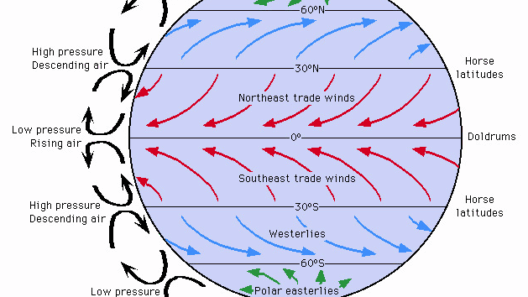The use of palm oil has proliferated in various industries, becoming one of the most ubiquitous ingredients in the modern market. However, its widespread adoption brings with it profound environmental implications, particularly concerning climate change. Understanding this paradox is crucial as consumers, corporations, and governments grapple with the consequences of their choices.
Palm oil is derived from the fruit of the oil palm tree, primarily cultivated in tropical climates, with Indonesia and Malaysia being the two largest producers. The economic allure of palm oil arises from its versatility—it serves not only as an edible oil but also as a component in cosmetics, cleaning products, and biodiesel. It contributes to the texture and longevity of products, making it a favored ingredient across multiple sectors. However, behind this convenience lies a stark reality: the environmental cost of palm oil production is staggering.
One of the most detrimental impacts of palm oil cultivation is deforestation. Vast expanses of rainforest are cleared to make way for oil palm plantations, leading to habitat destruction for countless species, including endangered orangutans, tigers, and rhinoceros. The process of clearing land often involves slash-and-burn tactics, which significantly increases carbon dioxide emissions. This intense deforestation not only contributes to climate change by releasing stored carbon but also diminishes the planet’s capacity to absorb future emissions. The loss of biodiversity associated with these practices is equally alarming, generating a cascade of ecological consequences.
Moreover, the impact of palm oil cultivation stretches beyond deforestation. Wetlands, which act as vital carbon sinks, are often drained for palm oil plantations. These ecosystems not only sequester carbon but also provide essential services such as water purification and flood protection. When drained, the carbon stored in peat soils is released into the atmosphere, exacerbating the climate crisis further. This complex interplay of factors illustrates that palm oil’s economic benefits frequently result in substantial ecological detriments.
Various organizations and coalitions have emerged in response to the unsustainable practices associated with palm oil production. Certification schemes, like the Roundtable on Sustainable Palm Oil (RSPO), aim to promote more sustainable practices among producers. These standards encourage the adoption of methods that minimize deforestation, respect labor rights, and promote biodiversity conservation. However, there are criticisms regarding the stringent enforcement of these standards, leaving room for practices that may still harm the environment disguised under the label of “sustainable.”
Furthermore, the consumer’s role in this paradox cannot be underestimated. Many consumers remain oblivious to the presence of palm oil in products, often hidden behind generic terms like “vegetable oil.” Increased consumer awareness and education about the implications of palm oil production are imperative. By opting for products certified by reputable sustainability labels or those that do not contain palm oil, consumers can exert considerable pressure on companies to reconsider their sourcing practices.
A significant challenge in addressing palm oil’s paradox is the economic dependency of producing countries on this crop. Millions of people rely on palm oil for their livelihoods, from small-scale farmers to large agribusiness corporations. Transitioning away from palm oil presents challenges, as alternative oils—such as canola, sunflower, or soybean—come with their own environmental costs, including land use changes and greenhouse gas emissions. Thus, merely replacing one oil with another may not resolve the underlying concerns associated with agricultural production.
The issue of palm oil is intrinsically tied to the broader discourse on climate change. As global temperatures rise, the urgency to adopt sustainable practices grows ever more pressing. Policymakers are urged to engage in dialogues that foster sustainable agricultural practices, protect vulnerable ecosystems, and incentivize a shift towards agroecological farming models. Investing in innovation and research to develop sustainable alternatives will be critical in addressing palm oil’s paradox while maintaining economic stability for millions worldwide.
In the grand tapestry of environmental issues, palm oil serves as a microcosm of the challenges we face today. It invites us to consider not just the convenience of daily consumer choices, but also the ethical implications behind them. A conscientious approach to palm oil and similar commodities will require a collective effort from consumers, businesses, and responsibly-minded producers.
In conclusion, the paradox of palm oil reveals a complex relationship between economic desires and environmental consequences. By fostering awareness, supporting sustainable initiatives, and encouraging responsible consumption, we can navigate this pivotal challenge. As stewards of the planet, we are tasked with identifying and altering practices that contribute to climate change while advocating for sustainable solutions that honor both nature and humanity’s need for resources.








